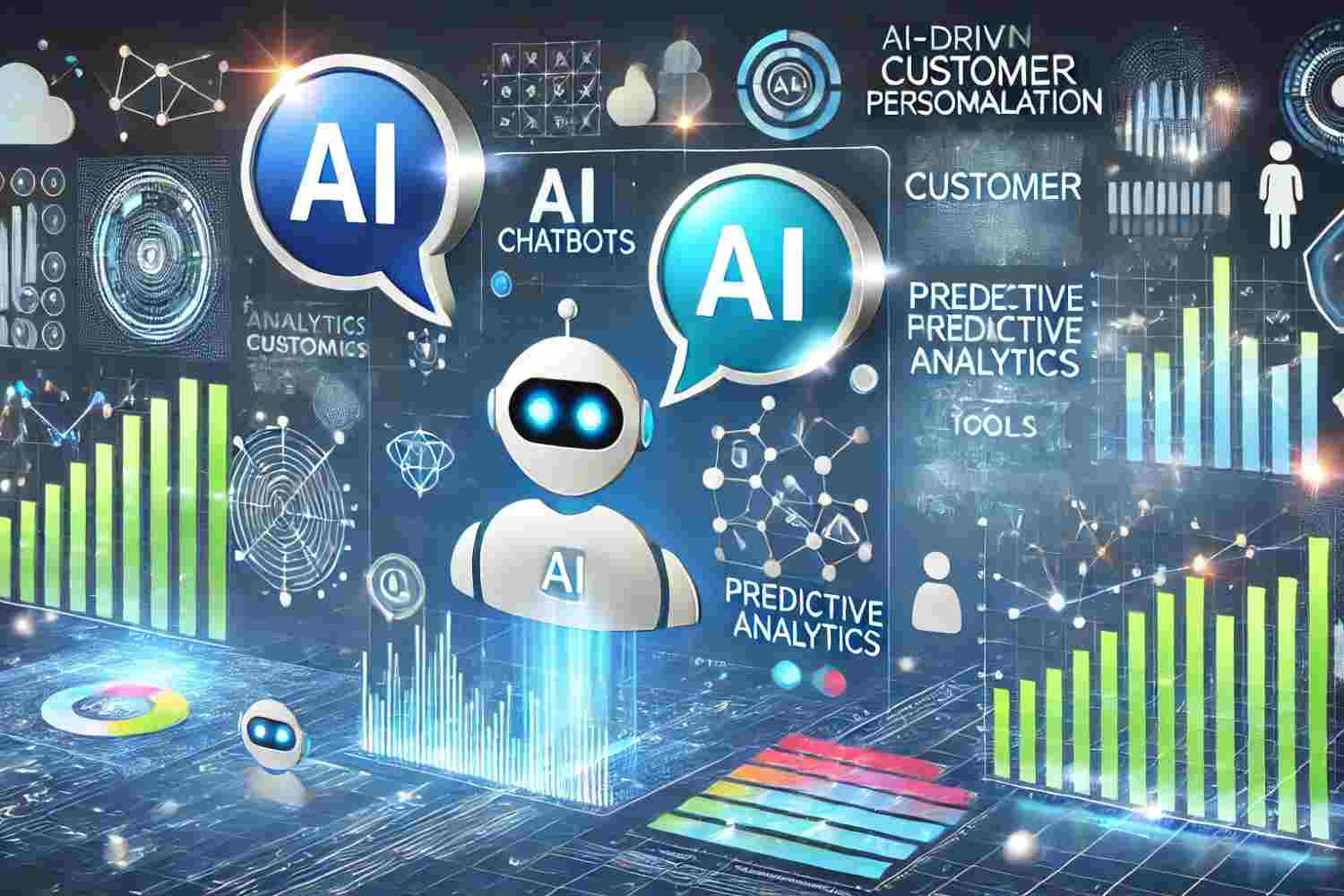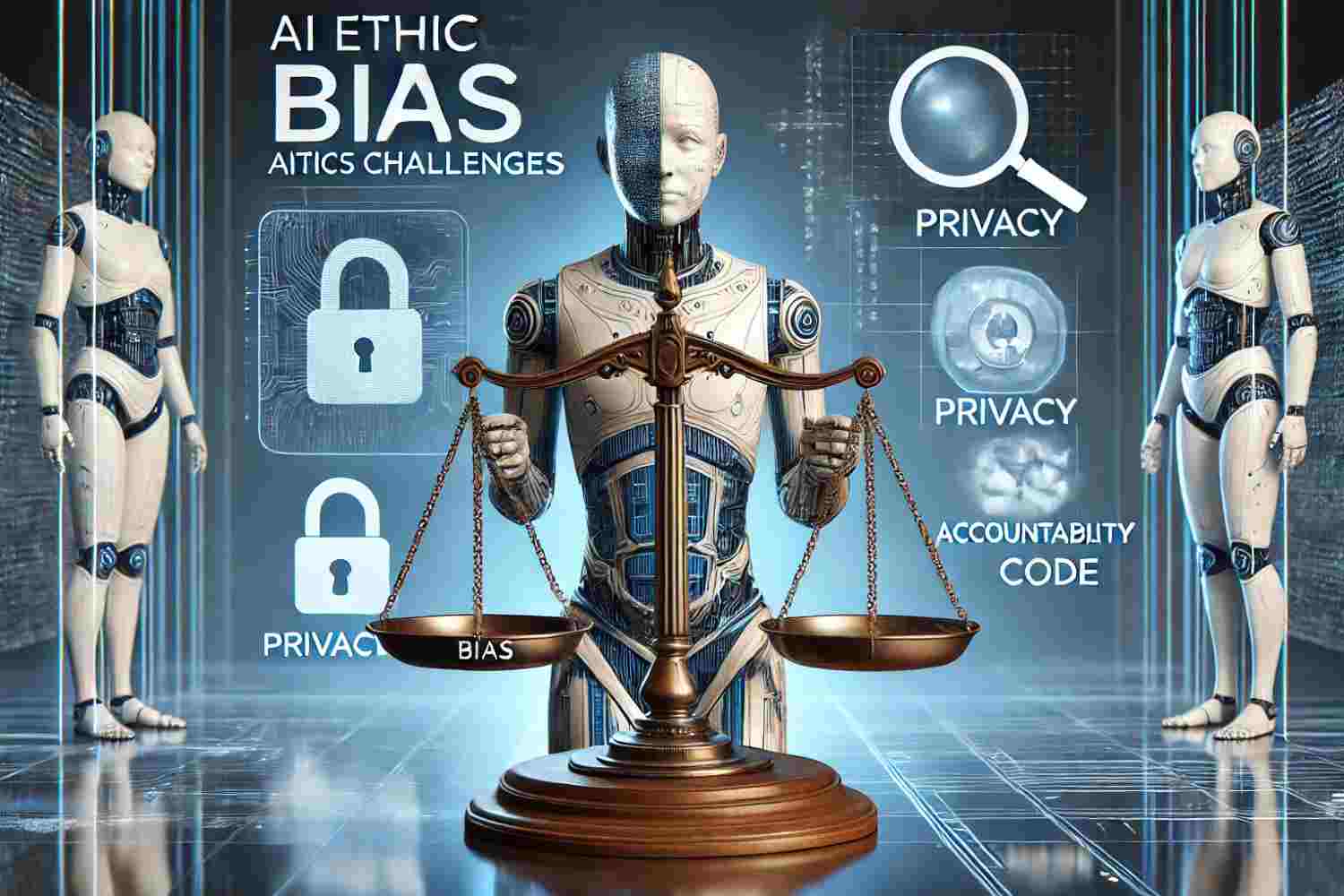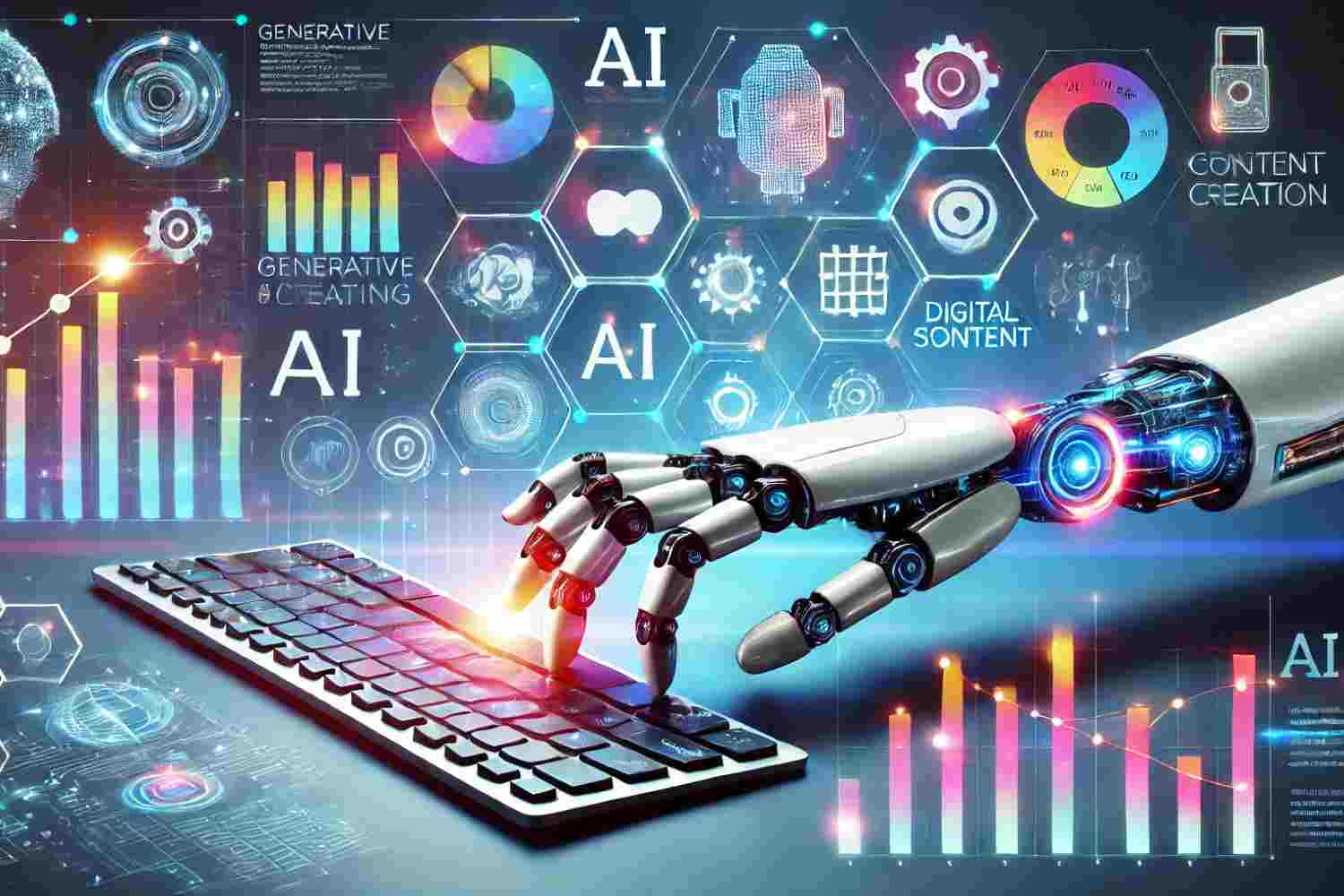In the age of digital transformation, businesses are under immense pressure to meet ever-evolving customer expectations. Personalization has become the cornerstone of delivering exceptional customer experiences, and artificial intelligence (AI) is at the forefront of this revolution. By leveraging AI, companies can analyze vast amounts of data, predict customer preferences, and deliver tailored experiences at scale.
This blog explores the transformative role of AI in personalizing customer interactions, delving into applications such as chatbots, recommendation engines, predictive analytics, and more. Visual aids like charts, graphs, and infographics will illustrate key insights and trends in this rapidly evolving field.
The Importance of Personalization in Modern Business
Why Personalization Matters
- Enhanced Customer Satisfaction: Personalization fosters a deeper connection with customers by addressing their unique needs.
- Increased Engagement: Tailored content and recommendations drive higher engagement rates.
- Boosted Conversion Rates: Personalized experiences lead to better sales outcomes.
- Customer Retention: Satisfied customers are more likely to stay loyal to a brand.
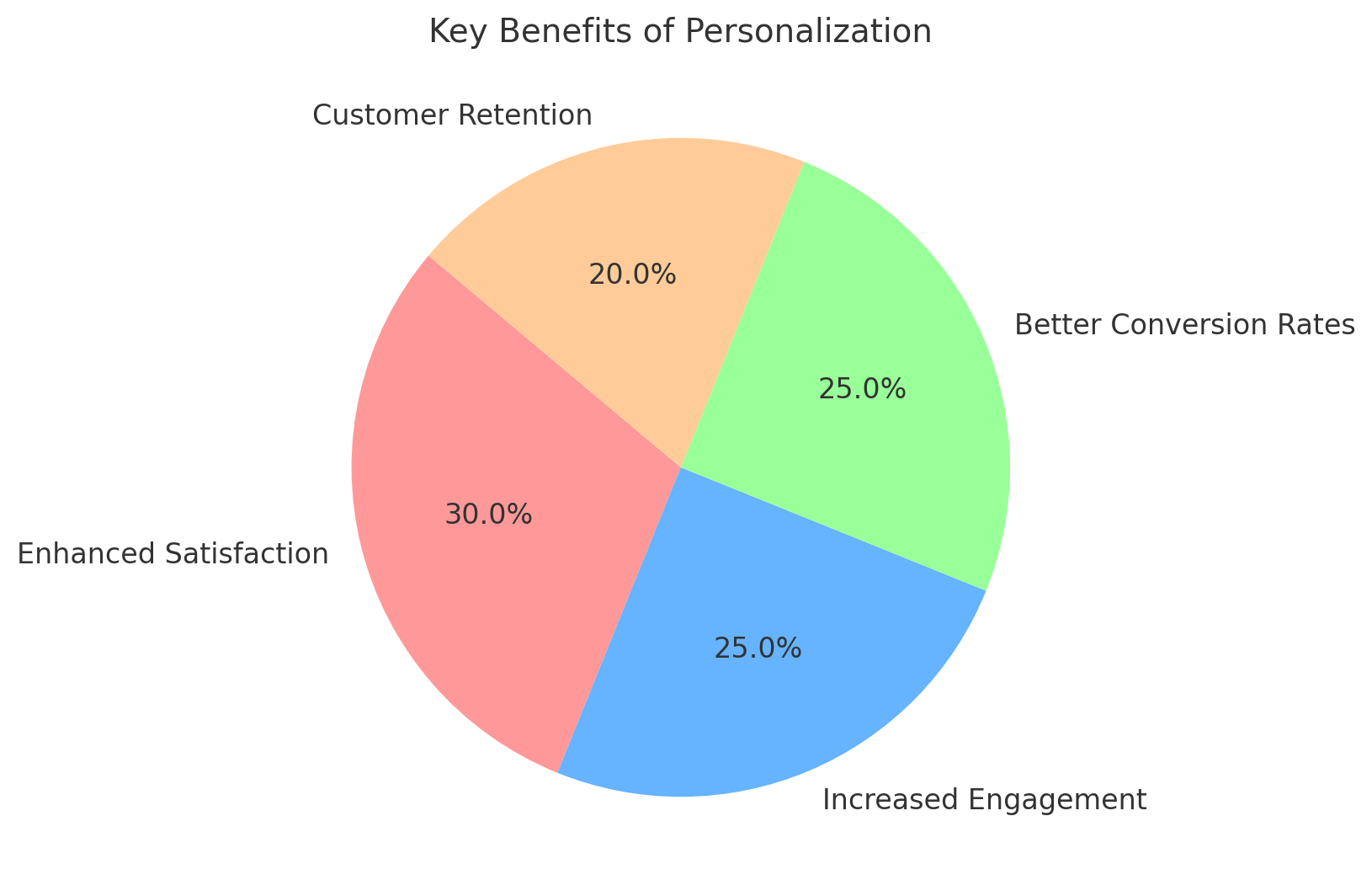
Challenges of Traditional Personalization Approaches
- Reliance on manual processes.
- Difficulty scaling for large customer bases.
- Limited ability to process complex data in real-time.
How AI is Transforming Personalization
1. AI-Powered Chatbots
AI chatbots are revolutionizing customer service by providing instant, personalized assistance. These bots:
- Use Natural Language Processing (NLP) to understand customer queries.
- Offer tailored responses based on past interactions.
- Operate 24/7, ensuring consistent support.
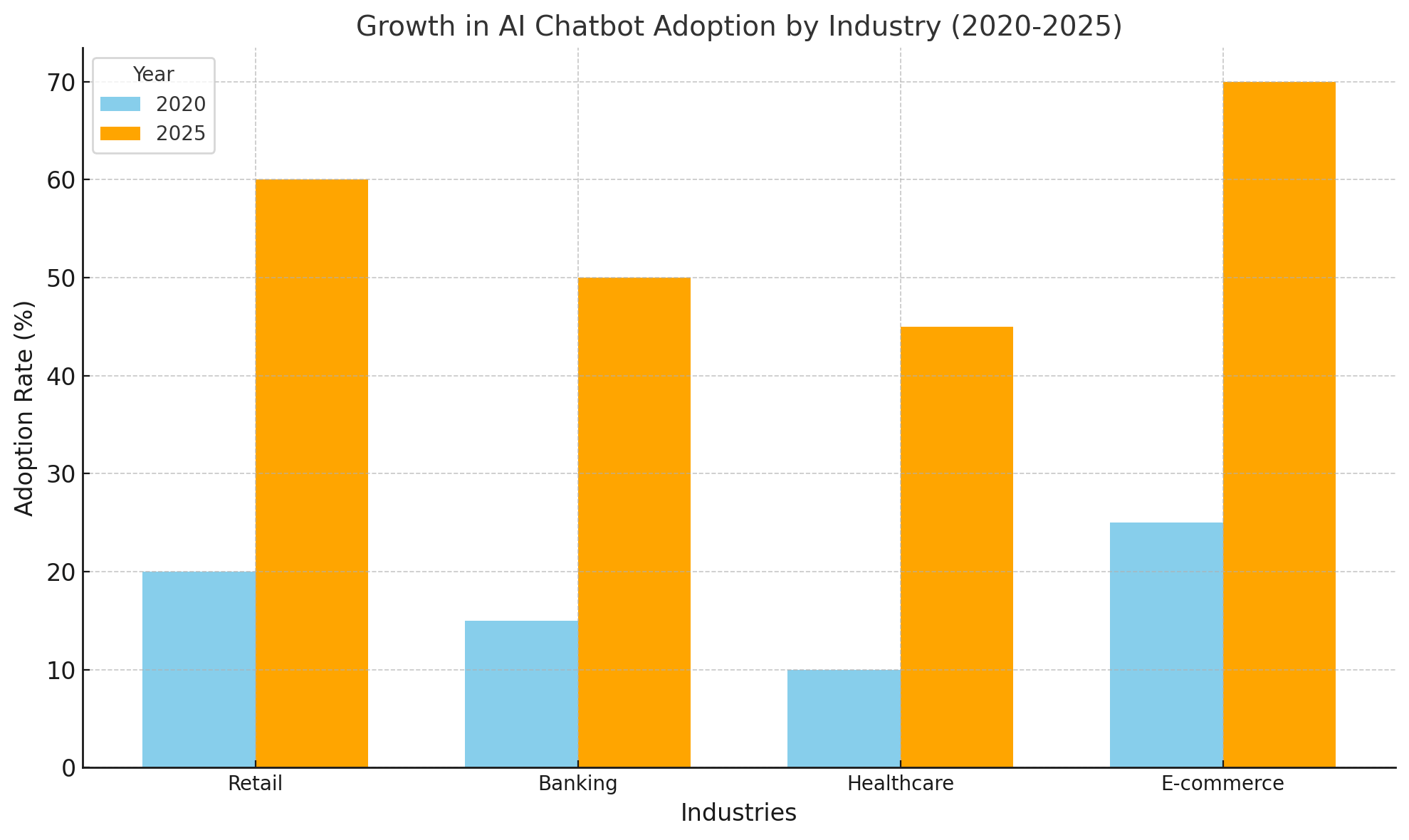
2. Recommendation Engines
AI algorithms analyze user behavior to deliver personalized product or content recommendations. Examples include:
- Netflix’s content suggestions based on viewing history.
- Amazon’s "Customers who bought this also bought" feature.
3. Predictive Analytics
Predictive analytics uses AI to anticipate customer needs and behaviors. Applications include:
- Predicting customer churn and implementing retention strategies.
- Identifying upsell and cross-sell opportunities.
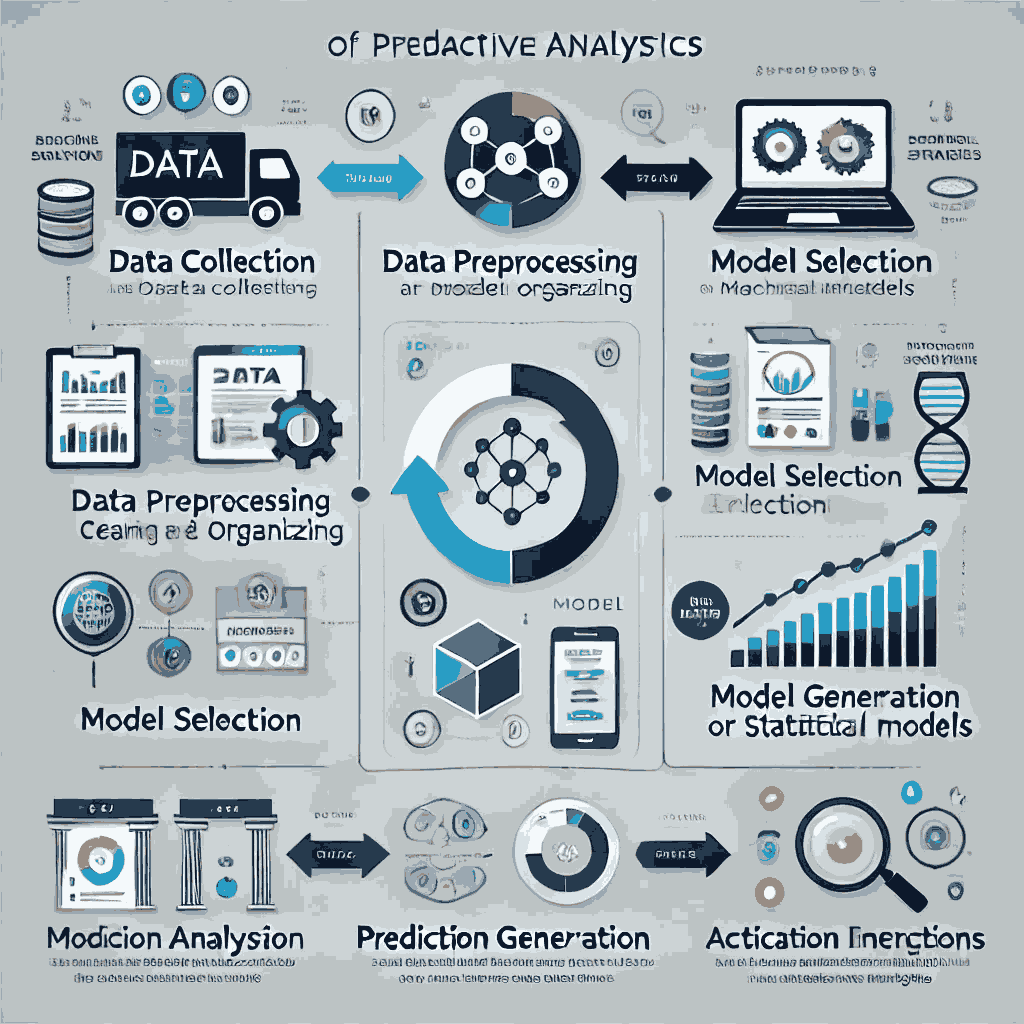
The increase in AI-related lawsuits over the years, highlighting the growing need for clear accountability as AI systems become more autonomous. The trend underscores the urgency of addressing legal and ethical considerations in AI deployment.
4. Dynamic Pricing Models
AI enables businesses to adjust prices in real-time based on demand, competition, and customer behavior.
5. Voice Assistants and Conversational AI
AI-powered voice assistants like Alexa, Siri, and Google Assistant deliver personalized interactions based on user preferences.
Benefits of AI-Driven Personalization
1. Scalability
AI can process and analyze massive datasets, enabling businesses to personalize experiences for millions of customers simultaneously.
2. Real-Time Insights
AI delivers real-time recommendations and responses, enhancing customer engagement.
3. Cost Efficiency
Automated personalization reduces the need for extensive human intervention, lowering operational costs.
4. Improved ROI
Businesses leveraging AI-driven personalization see higher returns on marketing investments.
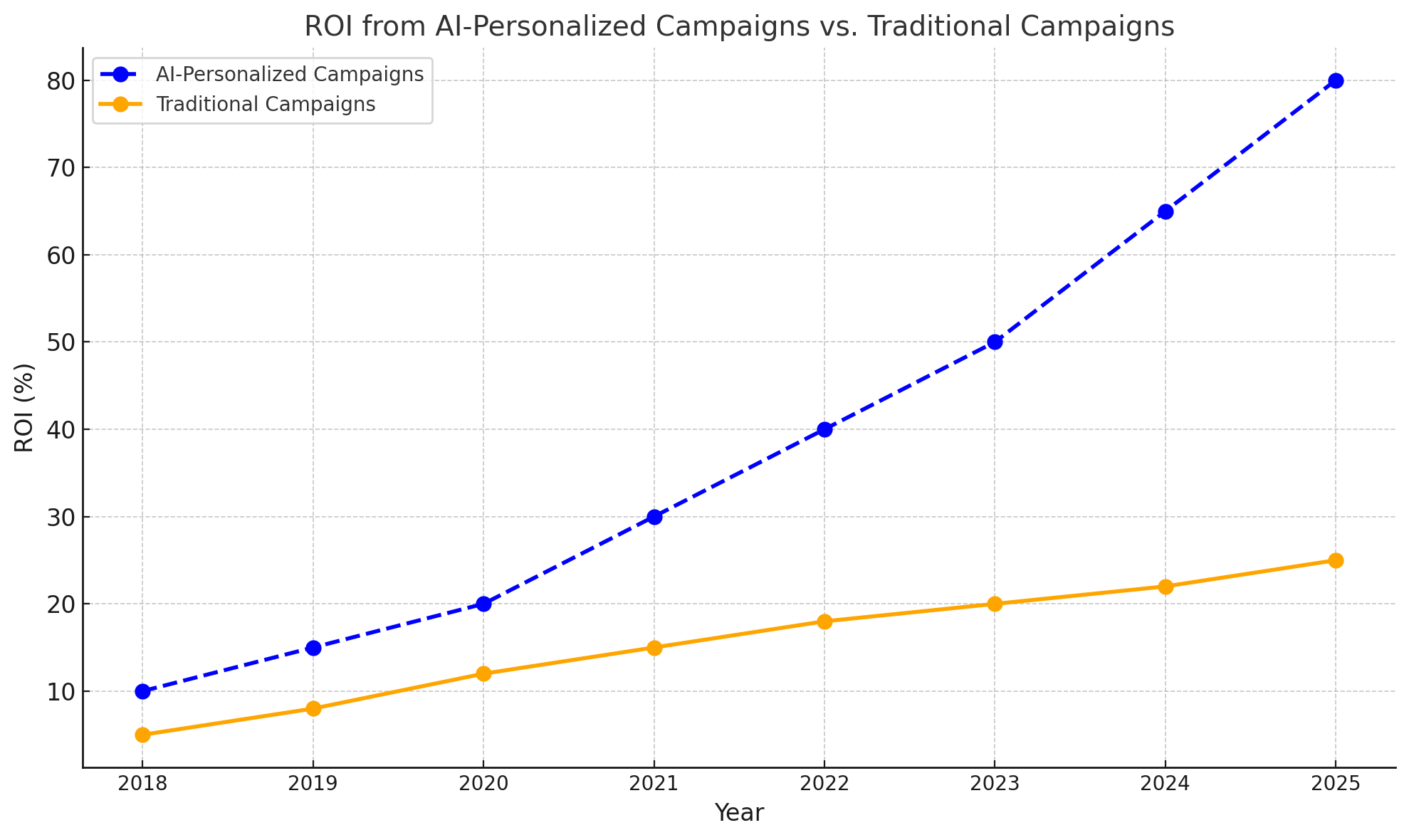
Case Studies: AI in Action
1. Spotify’s Personalized Playlists
Spotify uses AI to analyze listening habits and curate personalized playlists like Discover Weekly, driving user engagement.
2. Sephora’s Virtual Artist
Sephora’s AI-powered app lets customers try on makeup virtually, offering a highly personalized shopping experience.
3. Coca-Cola’s Marketing Campaigns
Coca-Cola leverages AI to analyze social media data and create targeted, localized marketing campaigns.
Challenges in Implementing AI for Personalization
1. Data Privacy Concerns
- Balancing personalization with compliance to regulations like GDPR and CCPA.
- Ensuring transparency in data usage.
2. Bias in AI Algorithms
AI models may unintentionally reinforce biases present in training data.
3. Integration with Legacy Systems
Many companies face difficulties in integrating AI solutions with existing infrastructure.
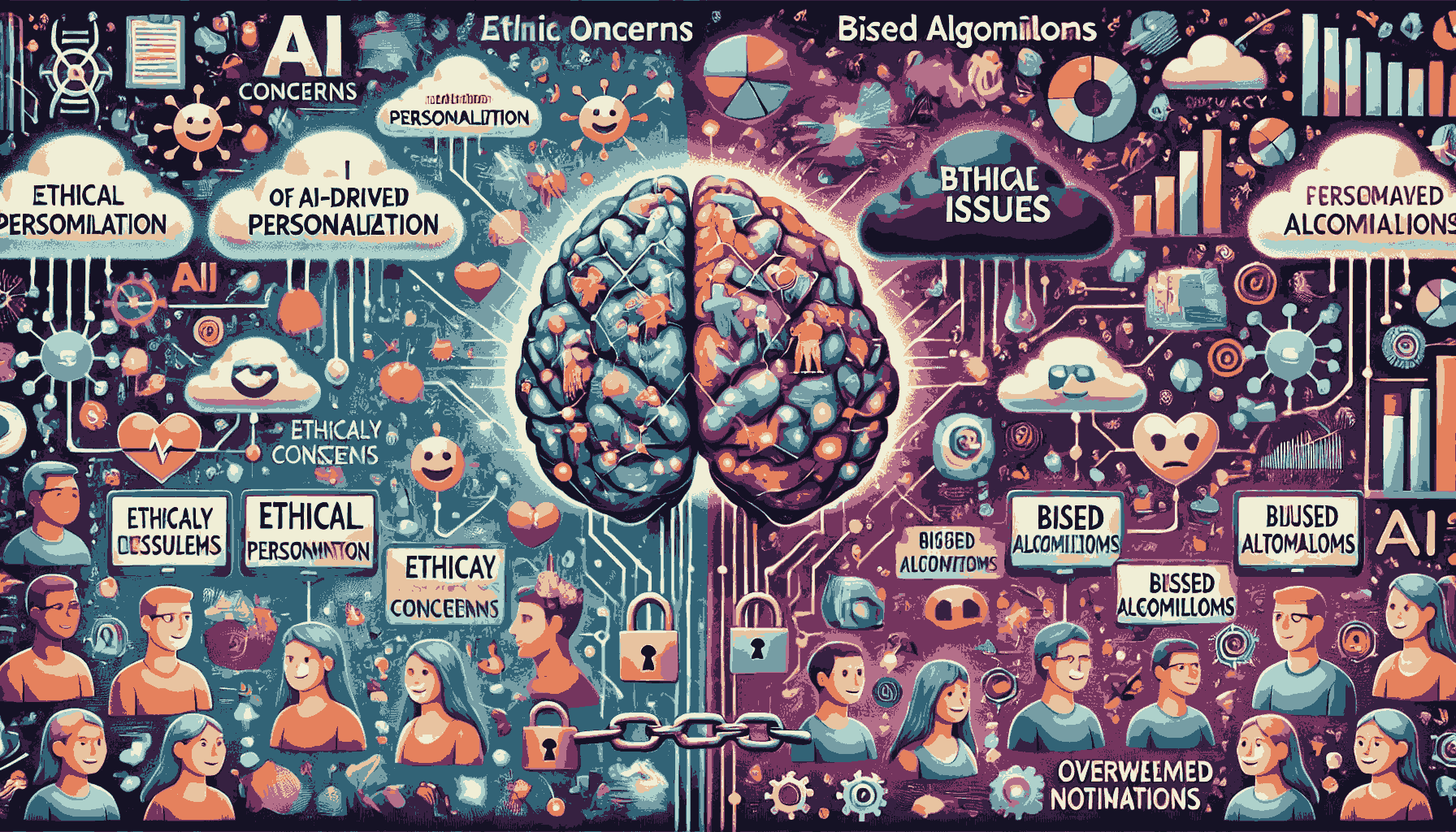
Future Trends in AI-Powered Personalization
1. Hyper-Personalization
Leveraging AI to deliver even more granular personalization by analyzing real-time data and context.
2. AI in Augmented and Virtual Reality
Combining AI with AR/VR to create immersive and personalized shopping experiences.
3. Ethical AI Practices
Greater focus on developing ethical AI frameworks to ensure fairness and transparency.
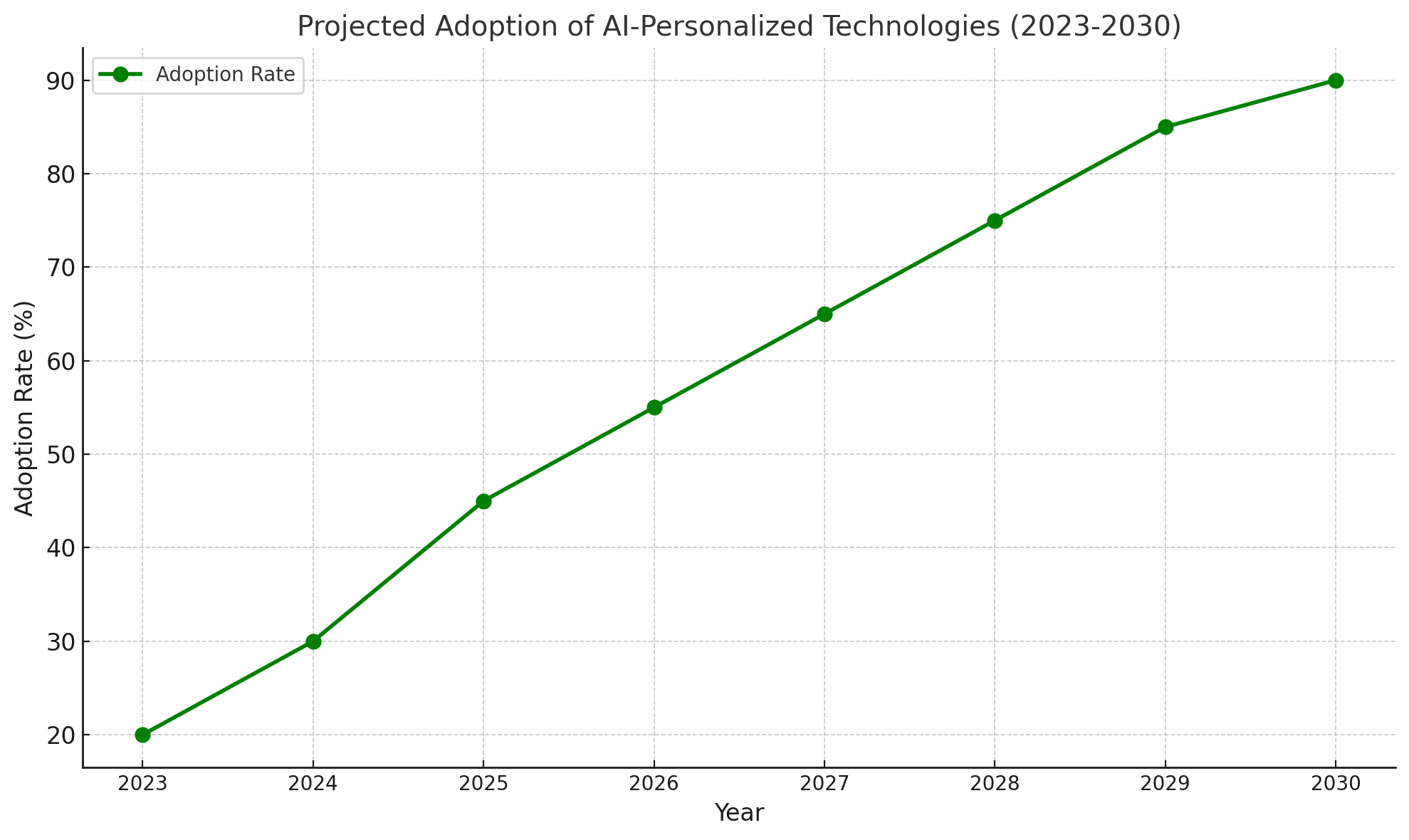
Best Practices for Using AI in Personalization
1. Start with Clear Goals
Define specific objectives for personalization initiatives.
2. Prioritize Data Security
Implement robust data protection measures to gain customer trust.
3. Combine AI with Human Expertise
Use AI to enhance, not replace, human creativity and decision-making.
4. Monitor and Optimize
Continuously evaluate AI models for accuracy, relevance, and fairness.
Conclusion: Navigating the Road Ahead for AI Ethics
AI is redefining the way businesses approach customer experience, making personalization more scalable, efficient, and impactful. From chatbots to predictive analytics, AI-driven tools are empowering companies to deliver tailored interactions that drive engagement, satisfaction, and loyalty. However, as businesses embrace these technologies, they must also address challenges related to data privacy, bias, and integration.
The future of customer experience lies in striking the right balance between AI innovation and ethical practices. By leveraging AI responsibly, businesses can unlock unprecedented opportunities for growth and differentiation in a competitive landscape.
FAQs
AI uses data analysis, machine learning, and natural language processing to understand customer behavior, preferences, and needs. By analyzing past interactions and predicting future actions, AI enables businesses to deliver tailored recommendations, personalized offers, and seamless customer journeys, creating a more engaging and satisfying experience.
AI-powered chatbots provide real-time, 24/7 customer support while personalizing interactions by leveraging customer data. They can recognize customer intent, suggest relevant solutions, and even adapt responses based on user behavior, making interactions more relevant and efficient. Advanced chatbots also use conversational AI to simulate human-like interactions, enhancing user engagement.
Predictive analytics involves using AI to analyze historical and real-time data to forecast customer behavior and preferences. It enables businesses to anticipate customer needs, recommend products, optimize pricing strategies, and proactively address issues, leading to more proactive and personalized customer engagement.
Yes, challenges include ensuring data privacy and security, addressing potential biases in AI models, and maintaining transparency in AI-driven decisions. Over-reliance on AI may also risk losing the human touch in customer interactions. To overcome these challenges, businesses should implement ethical AI practices, prioritize data protection, and blend AI-driven personalization with human insights for a balanced approach.
